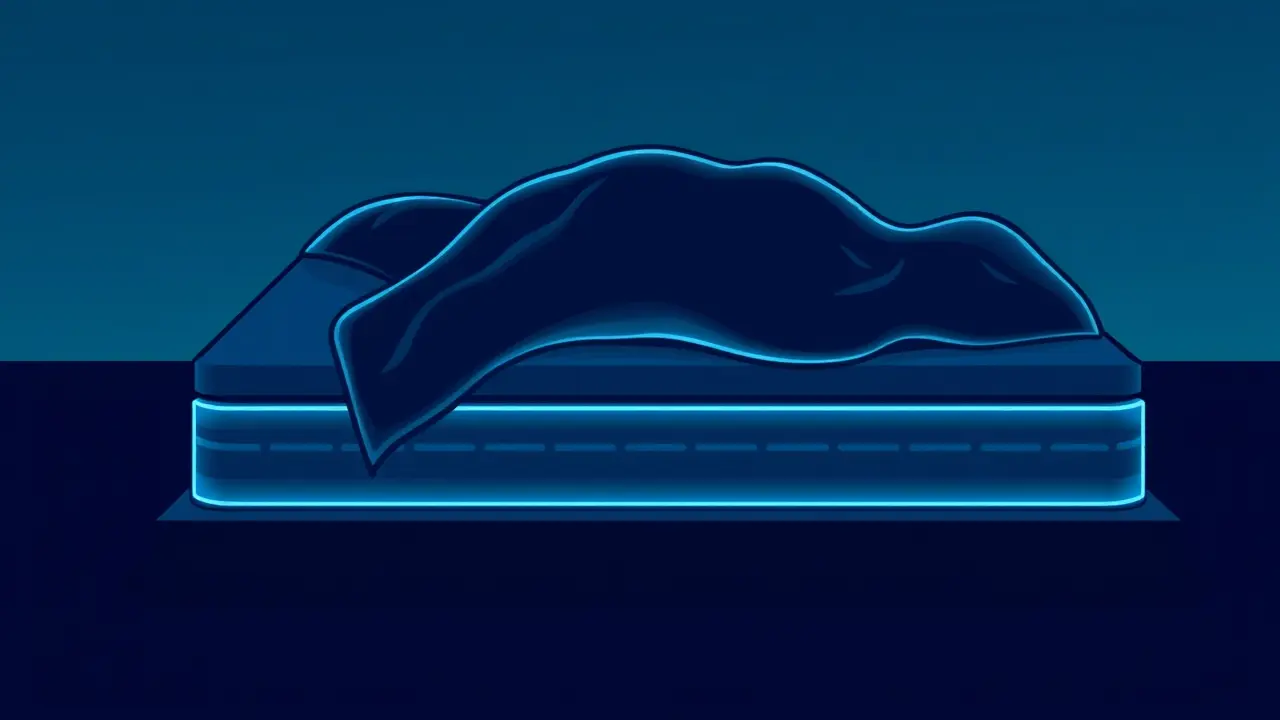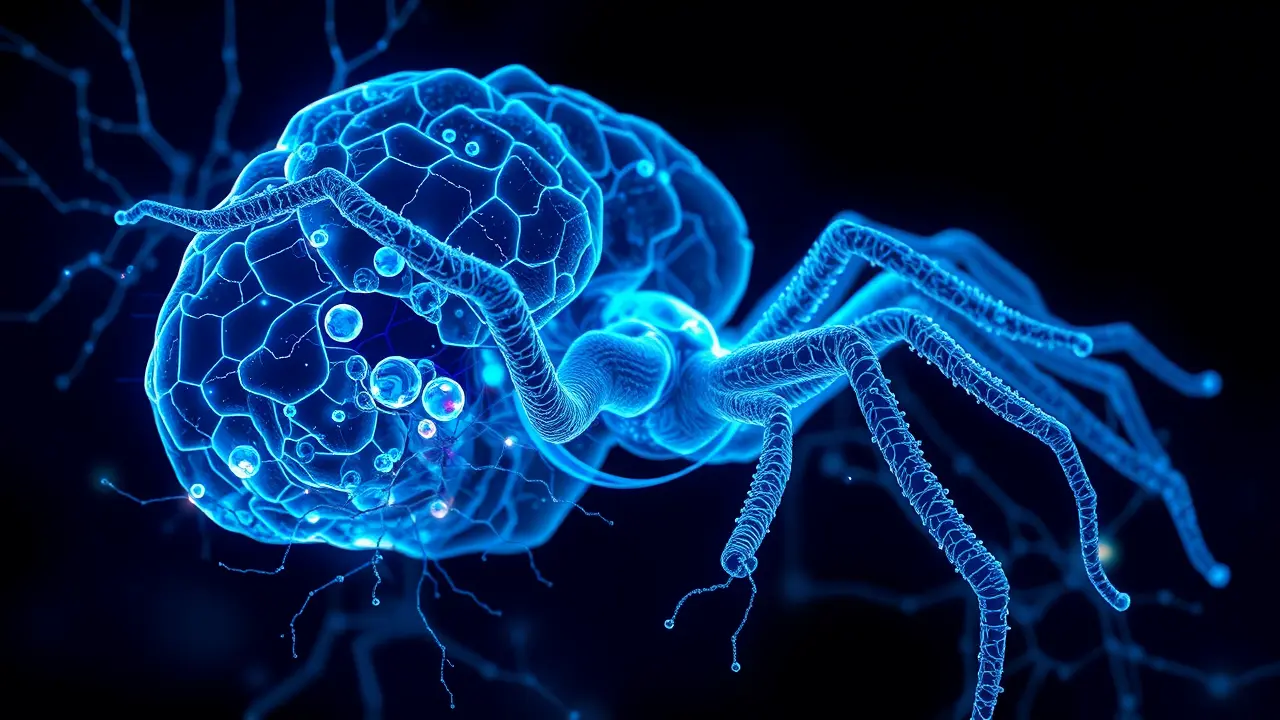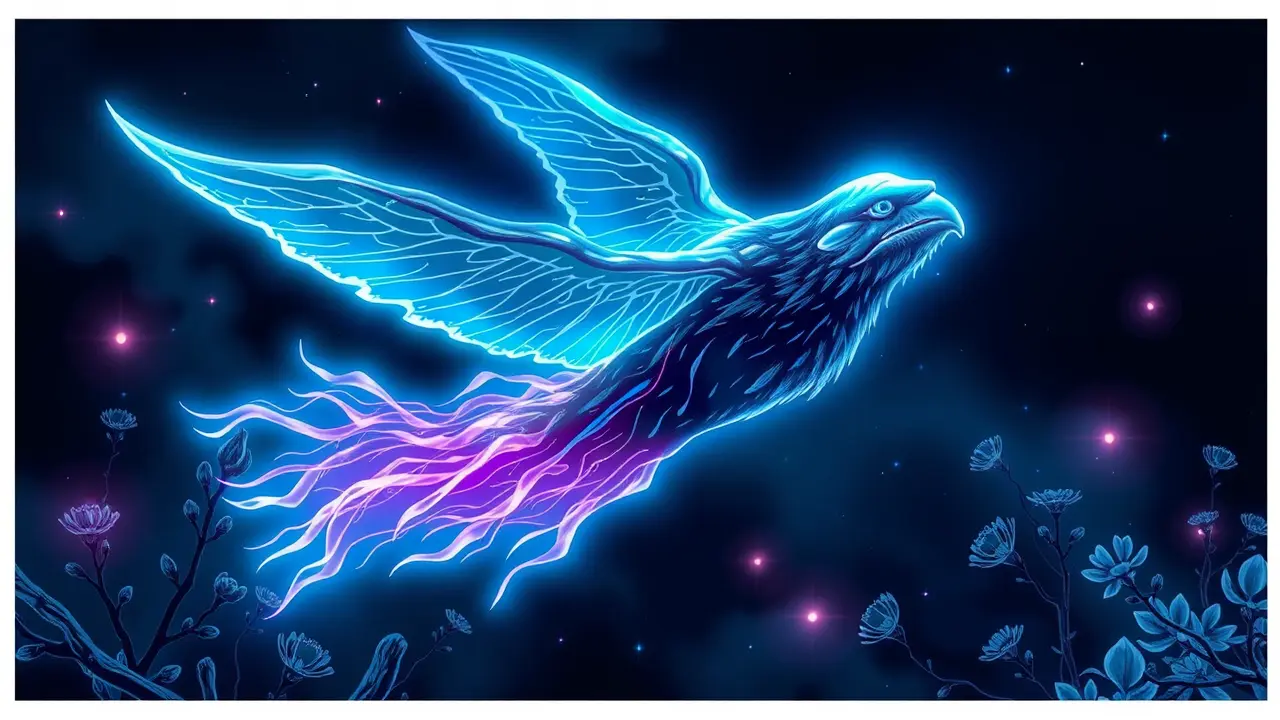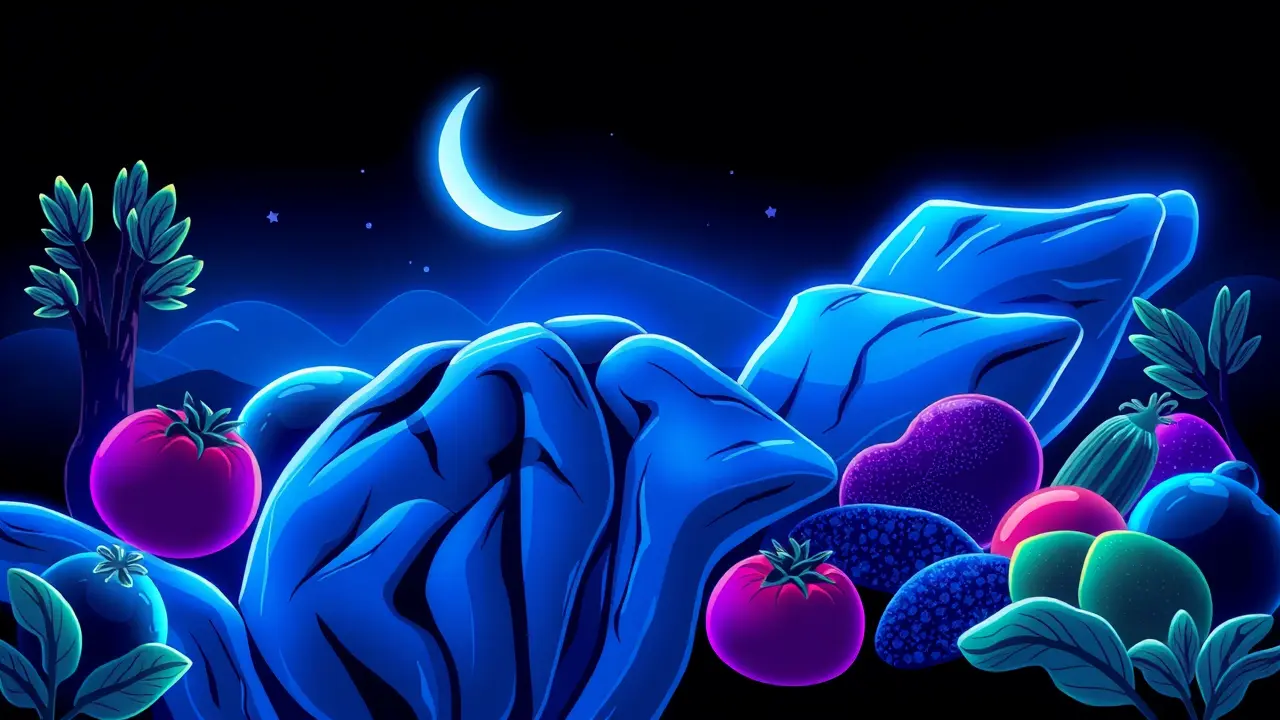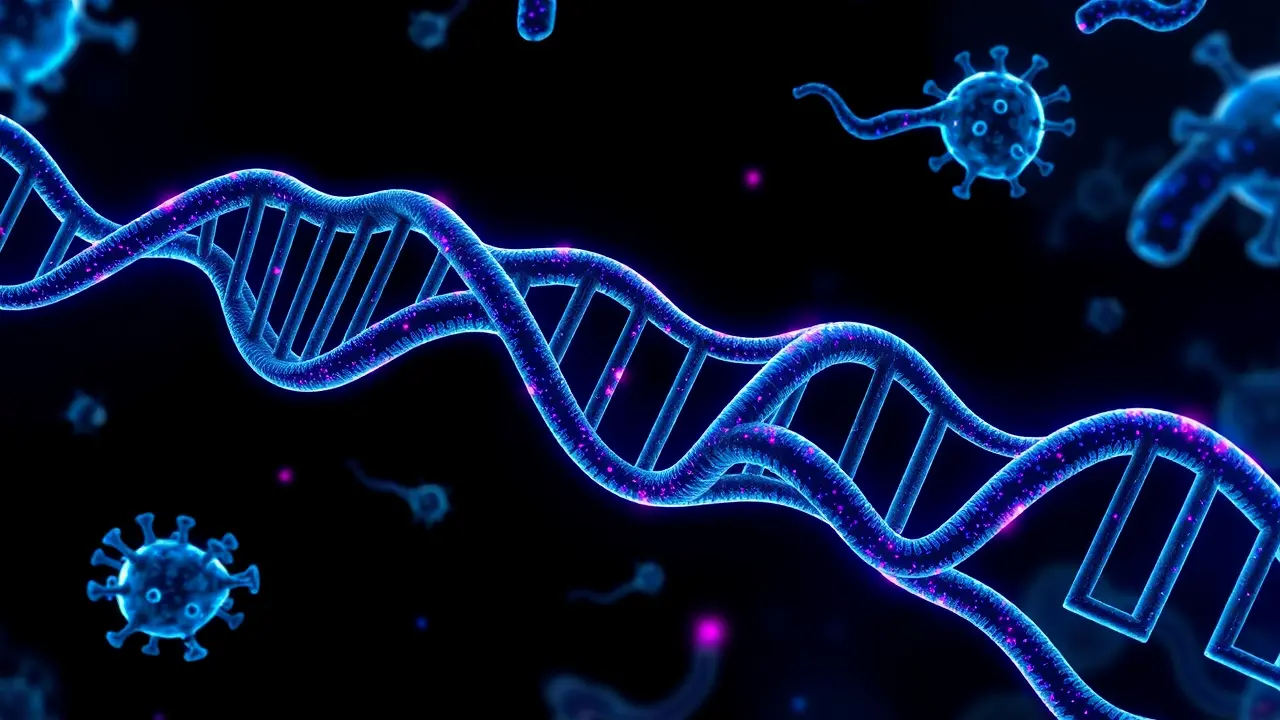
SciencebiologyMicrobiology
Ancient viruses hidden inside bacteria could help defeat modern infections
KE
Kevin White
15 hours ago7 min read1 comments
In a discovery that reads like a script from the next chapter of medical science, researchers at Penn State have pulled back the curtain on one of evolution's most cunning survival strategies, revealing how ancient viral DNA, long dormant within bacterial genomes, can be weaponized to fend off modern viral invaders. This isn't merely a laboratory curiosity; it represents a fundamental shift in our understanding of the eternal arms race between microbes and their viral predators, a battle fought on a microscopic scale with implications that could ripple across global health.The linchpin of this bacterial defense is a remarkable enzyme dubbed PinQ, which acts as a genetic switch-hitter, literally flipping sections of bacterial DNA to activate the production of protective proteins that form an impenetrable shield against infection. Imagine a castle that, upon seeing the enemy's banners on the horizon, can spontaneously rearrange its own blueprints to fortify its walls with materials specifically designed to repel that particular siege engine—that is the elegant, dynamic defense mechanism PinQ facilitates.This breakthrough, emerging from the burgeoning field of bio-archaeology where scientists sift through genetic code like paleontologists sifting through sediment, forces us to reconsider the very nature of viruses. They are not always mere parasites; their fossilized remnants, embedded in bacterial DNA over millions of years of co-evolution, can become a treasured part of the host's immunological arsenal, a stolen sword kept sharp for future battles.The practical ramifications are staggering and arrive at a moment of profound urgency. As the specter of antibiotic resistance looms larger, rendering our most trusted pharmaceutical weapons increasingly obsolete, the hunt for alternative therapies has become one of the defining scientific quests of our time.The PinQ mechanism offers a tantalizing new pathway: rather than developing another small-molecule drug that bacteria can eventually outmaneuver, we could potentially engineer these natural bacterial defense systems into living therapeutics, creating probiotics that not only benefit our gut but stand guard as sentinels against viral pathogens like influenza or even coronaviruses. Beyond medicine, this understanding could revolutionize industrial microbiology, where viral contamination, known as phage contamination, is a multi-billion-dollar headache for industries ranging from dairy fermentation to the production of therapeutic proteins; imagine bio-fermenters filled with bacteria genetically fortified with their own anti-viral security systems, ensuring production lines remain uncontaminated and efficient.The work, led by a team whose cross-disciplinary approach merges microbiology, genetics, and structural biology, hints at a vast, unexplored ecosystem of such defense systems waiting to be cataloged and understood. It evokes the pioneering spirit of CRISPR's discovery—another bacterial immune system that we harnessed to rewrite the code of life itself.While CRISPR acts as a programmable scissor, PinQ represents a programmable switch, and the synergy between these different tools could unlock a new era of synthetic biology. However, as with all powerful technologies, this discovery is not without its ethical dimensions and potential pitfalls.The deliberate engineering of microbial genomes, even for benevolent purposes, requires careful consideration and robust oversight to prevent unintended ecological consequences. Furthermore, the path from a beautiful laboratory finding to a clinically approved therapeutic is long and fraught with challenges, requiring years of validation, safety testing, and scaling.Yet, the vision is clear: we are learning to speak the ancient language of bacterial immunity, and in doing so, we are finding new words to defend ourselves against the plagues of the modern world. This is not just a story about bacteria and viruses; it is a story about human ingenuity learning from deep time, about finding solutions to our most pressing challenges in the most unexpected of places—the ghostly echoes of ancient infections hidden within the simplest forms of life.
#featured
#ancient viruses
#bacteria
#viral defense
#PinQ enzyme
#antivirals
#antibiotic alternatives
Stay Informed. Act Smarter.
Get weekly highlights, major headlines, and expert insights — then put your knowledge to work in our live prediction markets.
Related News
© 2025 Outpoll Service LTD. All rights reserved.




